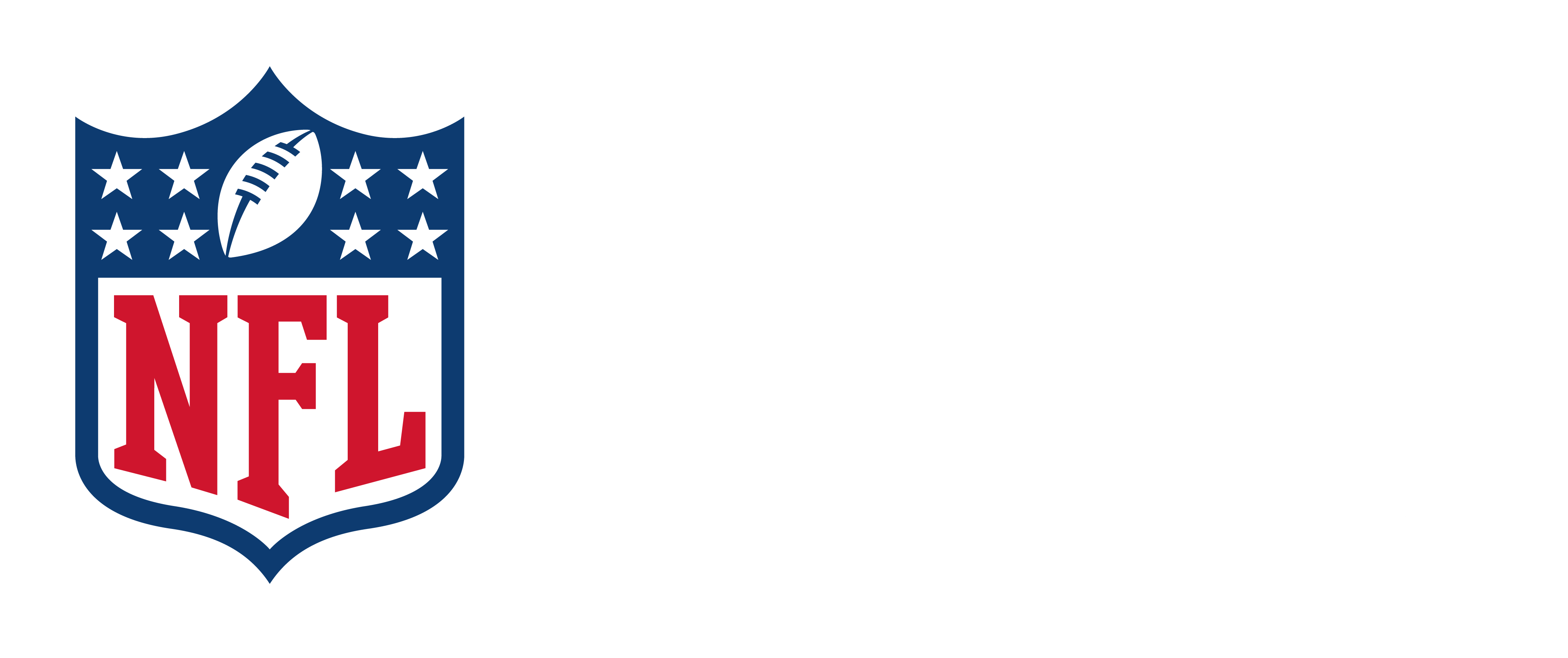The NFL and Football Research, Inc. (FRI) announced two winners of HeadHealthTECH Challenge VI at its recent meeting in Phoenix. The innovative companies, Windpact and Auxadyne, together received grants to support their continued development of helmet technology intended to better protect athletes.
Windpact won a grant of $148,820 to support implementing its Crash Cloud® helmet liner technology in a football shell and Auxadyne received a grant of $86,688 to design, develop and test formulations of its unique foam material designed to integrate into a football helmet.
The awards are the latest in a series of crowdsourcing challenges designed to stimulate research and spur exciting new innovation in the areas of head protection, materials science and other sports safety technology. To-date, the TECH Challenge series has awarded more than $1.6 million in grants to help advance 13 new technologies. The TECH Challenge series was created by the NFL and Football Research, Inc. through a partnership with Duke University's Clinical and Translational Science Institute (Duke CTSI).
Both winners have the opportunity to continue to work closely with experts from Duke CTSI as they further advance their designs and apply them for use in football helmets.
A Three-Time Winner Evolving Their Technology
Windpact's efforts to improve protective equipment are not new to the NFL's crowdsourcing challenges. Windpact CEO Shawn Springs gave his first winning pitch at the 2017 1st and Future Super Bowl start-up competition and later that year Windpact won its first HeadHealthTECH Challenge grant to support prototyping and testing of its Crash Cloud®technology.
Since then, Windpact advanced its force-mitigating padding system, which can be used in existing helmets to replace traditional foam pads, intended to provide improved head protection.
"Every helmet manufacturer is focused on creating the safest product," said Springs. "Our aim is to show them how quickly we can help them develop a good solution."
With this latest grant, Springs says Windpact will integrate into Schutt's AirXP Pro Q10 helmet. It's a development he credits to the partnership his company has received through 1st and Future and the TECH Challenges.
"The biggest benefit of the last three years working with the NFL is the access," said Springs. "They put some of the world's leading experts in scientists and doctors [together] with entrepreneurs like myself… [combining] academia with the entrepreneurs and making sure we are aligning ourselves with industry partners."
"We are pretty excited about [winning] HeadHealthTECH Challenge VI because it's allowing us to continue development of our technology."
New Innovation with an Old Material
Auxadyne's XPF technology is a result of years of research and innovation.
XPF is short for 'auxetic polyurethane foam' – a unique material that expands to become more dense on impact. Its special properties make XPF ideally suited for use in football helmets.
"When conventional foam material is impacted, it tends to move away from the impact load," said Joe Condon, President and Founder of Auxadyne. "But auxetic foam moves toward the point of impact and gets denser as you increase the load. The denser the auxetic foam gets, the more energy it absorbs – protecting the athlete from more of that energy."
Auxetic foams have been produced and studied for decades, but scientists struggled to scale the material for application outside a lab.
"Researchers could not figure out how to preserve its unique protective properties," said Condon. "Sometimes the conversion worked, sometimes not. It was unpredictable."
The foam's true potential was unlocked a few years ago when scientists at Florida State University's High-Performance Materials Institute shifted their work to researching how to produce auxetic foams at scale – and cracked the code on a manufacturing method. Auxadyne became the exclusive licensee of FSU's technology and the company has since developed a new production method of its own.
Auxadyne is teaming up with LIGHT Helmets to integrate its XPF technology into LS1 football helmets – the first time an auxetic foam-based pad system will be used in protective equipment. The TECH Challenge grant will allow Auxadyne to continue pushing this smart technology forward.
"This award gives us the financial means to design and test dozens of XPF formulations to find optimal solutions for specific use inside a football helmet," said Condon.
"We believe we can produce a superior-performing pad system – and we're so excited to be rewarded with this wonderful opportunity."









